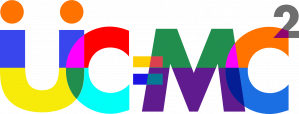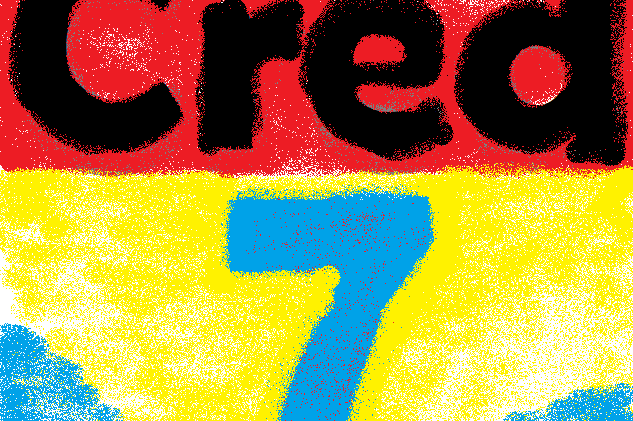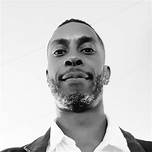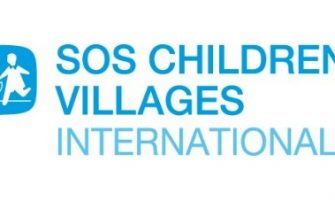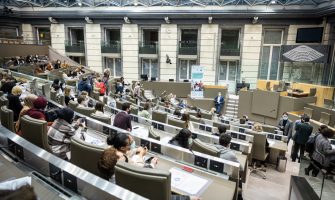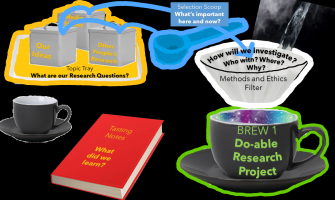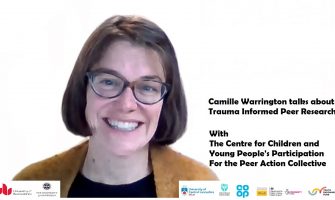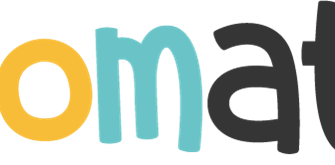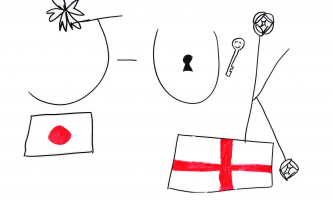Maximising Credibility
This is advice on how to make sure your research can tell convincing stories. It was cocreated with PAC https://peeractioncollective.com/
Peer Research and Social Action
How young people can use peer research to help create change
Youth Travellers’ Times
Young people helped create a youth media output
Rights of children in alternative care – filling the gap through peer research
What is your advice to people wanting to strengthen children’s participation in parliaments? To have functional children’s participation in parliament or government decisions, it is important …
Children’s Rights Day 2021
Advice on children’s participation: The children involved are the main actors, meaning all the adults are the spectators. Within committees where parliamentarians are present, it is …
Brewing a research project
Peer Researchers from the Peer Action Collective worked with Ali Roy and Cath Larkins to create this guide to how to move from general research interests to a doable research project
Doing Peer Research in a trauma informed way
Camille Warrington talks about how to take a trauma informed approach to collaborative research with and by young people
RoMOMatteR – Empowering Roma Girls’ Mattering through Reproductive Justice
Tell us your advice on doing participation activities. Strategies should address the roots of vulnerability both in Roma communities and mainstream society. We highlight the significant …
NETWORK OF YOUNG ADVISORS (NYA) – PARTICIPATION OF CHILDREN AND THE IMPACT ON THE WORK OF THE OMBUDSMAN FOR CHILDREN
What did we do
We organize consultation meetings with children and young people and focus group discussions aimed at enhancing children’s involvement in decision-making, are considered as being particularly beneficial.
In 2010, the Ombudsman for Children founded the Network of Young Advisors (NYA) as its standing advisory body and a form of child participation. The NYA members act as advisors to and associates of the Ombudsman for Children, but also as ambassadors, communicating information about the work of the NYA and the Ombudsman for Children to their peers and taking steps to ensure that they know their rights and the ways to protect them. Acting within the scope of their role as advisors, they inform the Ombudsman about their views of the place of children in society and problems faced by children in their communities, suggesting ways to solve these problems. In carrying out their advisory role, they work closely with the Ombudsman for Children and the adult staff members of the Office of the Ombudsman for Children, and exchange views and opinions via a closed online forum. Each member of the NYA promotes and argues for his/her own point of view, acts on his/her own behalf, and does not represent any group, school or town. The NYA members are constantly active in the online forum, which enables a constant exchange of opinions between meetings.
http://dijete.hr/en/publications/
The place is called:
Croatia and International
Date
1/1/2010
18/3/2021
JUK
What did we do
We trained young people in Japan as researchers. They did art activities and interviews with other disabled children and young people. We analysed the findings together. We compared the way Japan and the UK are with children’s participation and rights for people with disabilities. We reported to the UN Committee.
The place is called:
Japan and the UK
Date
1/12/2016
Ongoing
